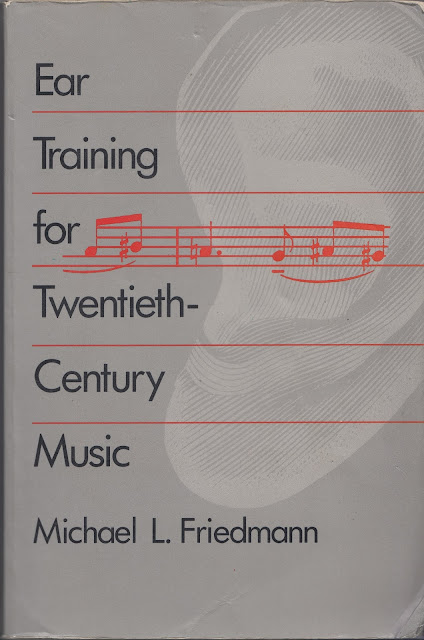The community of musicians has never before been confronted with the level of fragmentation that exists today. Analytic method is divorced from musical reflex, composers from performers, and conventional repertoire from new repertoire. In this century these polarities have developed because of the momentum of compartmentalization--a trend that has played an important role in many aspects of culture, education, and technology. Countertrends in specific areas of human endeavor and in the work of extraordinary, multifaceted people have asserted themselves sporadically, but not with the same, sustained persistence as the overriding tendency towards specialization.
A lack of mutual understanding is apparent both among and within the major groups of participants in musical life: composers, performers, theorists, and audiences. Most contemporary composers write mainly for their colleagues and a narrowly defined group of listeners in major cities and universities. Their music is usually played by a group of specialists able only rarely to convey the expressive content of the new music. These specialists are trained to meet the extraordinary technical demands of the music, but their work shows a linguistic incompetence--an inability to grasp the gesture and intent of the music. A similarly uncomprehending performance of older music would be dismissed by the most casual listener. from the performer's perspective, the technical difficulties are so problematic than an expressive relationship to the music is often hard to attain. Such performance problems in turn make the audience's appreciation of the music improbable.
Friedmann, Michael L. Ear Training for Twentieth Century Music. Yale University Press. 1990.

Comments
Post a Comment